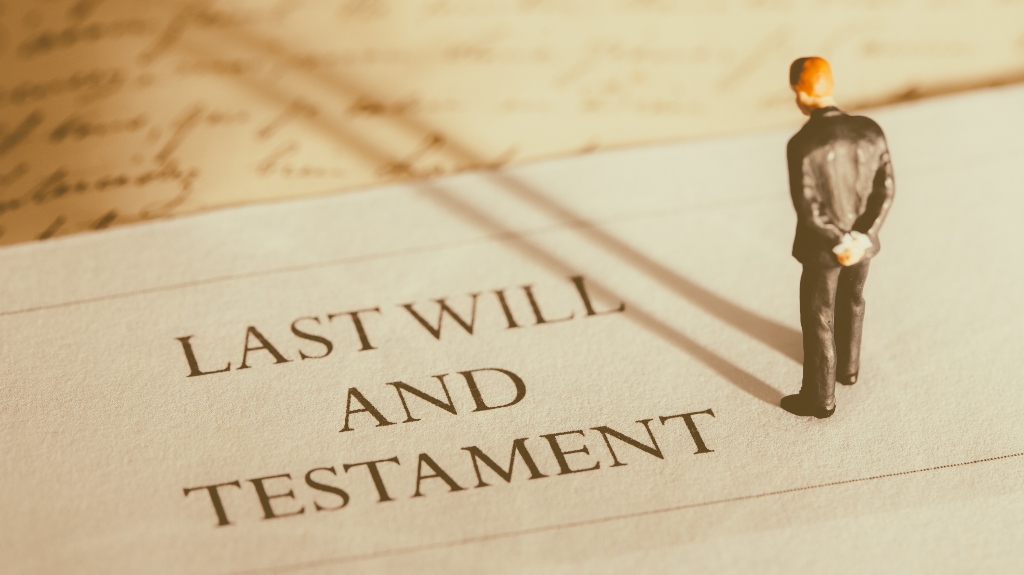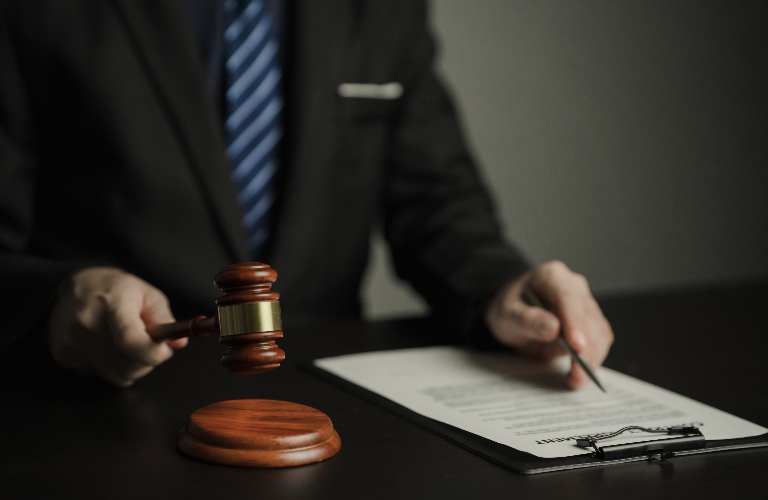
No one wants to think about what happens after they have passed away. However, if you pass away without a will in Wisconsin, the state gets involved. That means the court decides who gets your property, who handles your affairs, and who raises your kids if they’re still minors. That is a lot of major life decisions to hand over to strangers in a courtroom.
You can easily avoid that outcome with a few steps. Let’s walk through what happens if you die without a will in Wisconsin and how you can avoid it.
What Does Intestate Mean in Wisconsin?
When someone passes away without a valid will, their estate is considered intestate. There is a set of laws that decides who inherits what. It does not matter what your personal wishes might’ve been; those laws take over automatically. When there is no will, the division of your assets depends on your family situation.
If You’re Married
If you are married and you die without a will, this is what usually happens:
- If all your children are with your current spouse: Your spouse inherits everything. That includes your half of the marital property and all of your individual property.
- If you have children from another relationship: Your spouse keeps their half of the marital property and your share of that property. However, your individual property gets divided. This can mean half goes to your spouse and half to your children from the previous relationship.
You can imagine how emotional that can get, especially in blended families. Unfortunately, this can blindside your family members.
If You’re Single or Unmarried
If you are not married when you pass, your estate goes down the family line in a very specific order:
- Your children, or their children, if they have passed away.
- If you have no children, it goes to your parents.
- If you have no parents, then to your siblings or their children.
- If you have no children, parents, or siblings, then your estate works its way out to aunts, uncles, or cousins.
If no living relatives can be found, your estate goes to the State of Wisconsin. Yes, the government ends up owning your assets and belongings. This is rare, but it happens.
What About Your Children?
If you have minor children but don’t have a will, the court will have to appoint someone to care for them. The judge will try to choose a close relative, but that does not mean it would have been the person you would have chosen.
When you name a guardian in your will, that gives you control over that decision. Plus, you can have some peace of mind knowing your kids will be with someone you trust.
The Probate Process Without a Will
When there is no will, everything must go through the probate process. Under this court-supervised process, your debts are settled, and any remaining amount will be distributed in accordance with state law.
The court will appoint someone to handle everything. They will have to track down assets, deal with creditors, pay bills, and eventually distribute what’s left. That is a lot of work. A will can make this process smoother, faster, and far less stressful for your family.
How to Avoid It

Avoiding this situation is easier than you might think. You don’t need to be wealthy; you need to plan ahead. You can start by writing a will. Additionally, consider setting up a living trust to avoid probate and maintain privacy.
You may also want to name beneficiaries on your accounts, so those assets pass directly to your loved ones. Most importantly, make sure to update your plan after major life changes.
Finally, this is the time to talk to a Wisconsin estate planning attorney. A quick consultation now can save your family a lot of stress later.
We’re Here to Help You Create a Will for Your Estate
What happens if you die without a will in Wisconsin? IfIn this situation, state law decides what happens next, not you. And that means added stress, confusion, and unintended results for the people you love most.
If you are not sure where to start, contact Collins Law Firm. We can help you put together a plan that fits your life, your family, and your goals. Schedule a consultation today.